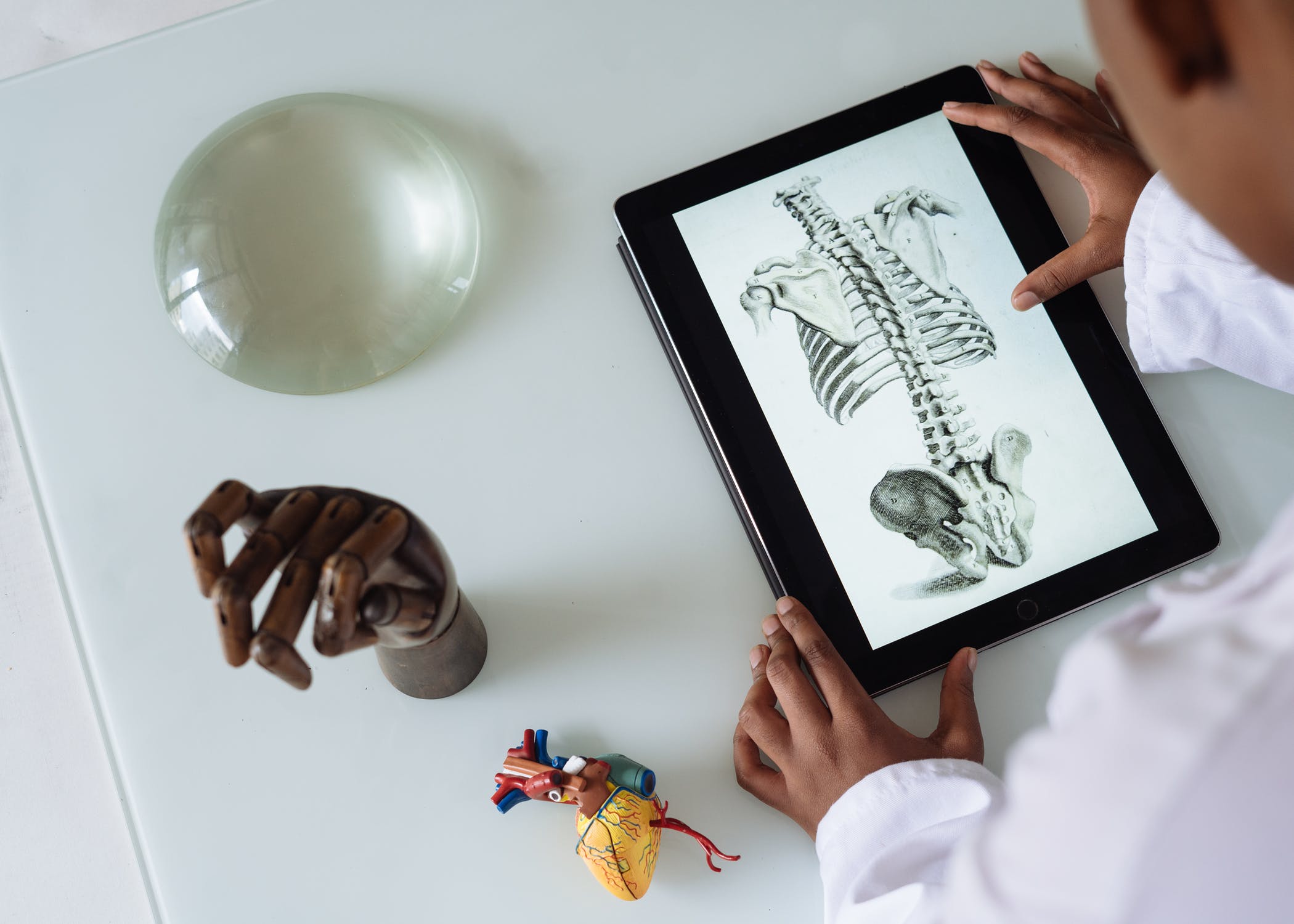The convergence has happened because digital health technologies are making it easier for biopharmaceutical companies to discover, develop and launch new drugs faster and cheaper and improve the patient and doctor experience, in what is being labeled "after the pill".
U.S. regulators have approved the first digital pill with an embedded sensor to track if patients are taking their medication properly, marking a significant step forward in the convergence of healthcare and technology. Some, however, are voicing concerns that there is no evidence that digital pills, prescription medications with ingestible wireless sensors, are beneficial to patients and, in fact, the technology poses a danger to the provider-patient relationship.
Increasingly, we are seeing the results of the intersection of digital health, biopharma, and MedTech. Here is an update on digital health pharma news. Here is an update on digital health pharma news.
The Next Stage of Pharma and Digital Health Collaborations
Recent medical developments have gone towards personalized healthcare, meaning that patients get individualized treatments for their specific needs and also manage their disease.
Buzzwords that come to my mind in this context include big data, artificial intelligence, closed-loop systems (not only for diabetes), and precision medicine.
Here are the results of a recent survey about the use of digital health in biopharma.
Applications of Digital Health in Biopharma
There are many applications:
- Drug discovery and development using community-based innovation networks
- Better clinical trial recruitment, retention and execution
- Physician engagement
- Patient engagement, compliance and adherence
- Information and education. Here's how digital health technologies are helping patients with diabetes and hypertension.
- Remote sensing, data, and analytics. For example, Pittsburgh-based UPMC Enterprises has made an equity investment in RxAnte, a predictive analytics and clinical intervention solution provider focused on inappropriate medication use. RxAnte uses predictive analytics to improve prescribing practices and appropriate use of prescription medications.
- Post market surveillance and pharmacovigilence
- Sales and marketing
- Personalized and precision medicine
- Price and effectiveness transparency
- Drug delivery
- Smart Pills
In addition, artificial intelligence, machine learning and blockchain technologies have the potential to improve the research quotient of biopharma drug discovery and development:
3 Predictions for AI in Pharma R&D in the Year Ahead
- Prediction 1: Drug discovery is being redefined by advances in technology. AI and machine learning software is expanding the universe of screenable compounds and will deliver higher hit rates as compounds move through the pharma value chain. The race is on for data.
- Prediction 2: Within the next 10 years, a blockbuster-potential drug will emerge from a process that started with a computer, then to the bench, then to the clinic. We will see within the next few years promising compounds enter the FDA pipeline.
- Prediction 3: Pharma companies will step up M&A, investment and joint venture activity this year and in 2019 as they look to the world of software AI startups for new drug discovery capabilities. The tailwinds are there for tremendous value creation.
Going beyond the pill will also require new business models and faces the challenges of precision medicine.
Using digital tools to innovate has moved biopharmaceutical companies to create a new position: chief digital officer and they are developing best practices.
All of these opportunities will challenge STEM graduate and medical school educators and leaders to create new learning objectives that provide the new and necessary competencies for graduates to compete in these evolving industries, particularly in the areas of data science, analytics, mining unstructured data, and intelligence. Some universities and health systems, like the University of Colorado, are doing just that. They are also partnering with Startup Health to help entrepreneurs, end users and investors create products and services that fill this market need.
Here is the McKinsey perspective on what Medical Affairs will face in 2025 and the opportunities it presents for physician entrepreneurs. The 2025 medical science liaison will have to meet the needs of patients and doctors. How many sickcare professionals do you know who are comfortable with digital marketing, big data and analytics, comparative effective research, design to value, the business of biopharma and communicating with increasingly diverse stakeholders?
Digital health technologies are changing not only the face of clinical practice entrepreneurship but MedTech and biopharma as well. Given the pace of change, we are likely to see Digital Biopharma 2.0 and Digital Medtech 2.0 in the blink of an app. In fact, we might already have missed it.
Arlen Meyers, MD, MBA is the President and CEO of the Society of Physician Entrepreneurs.



Leave your comments
Post comment as a guest